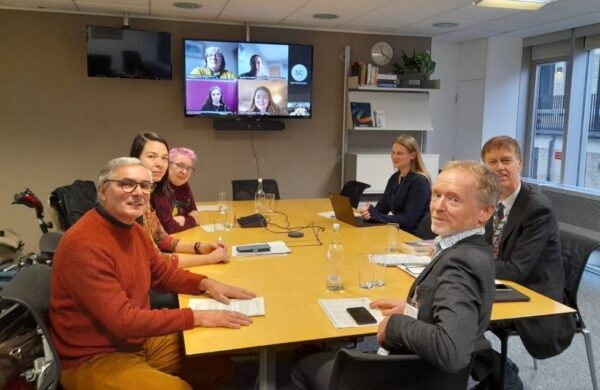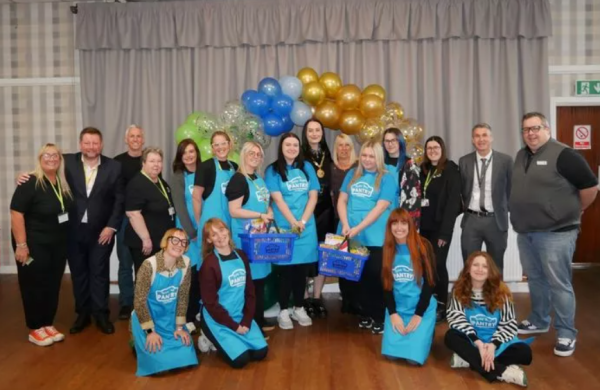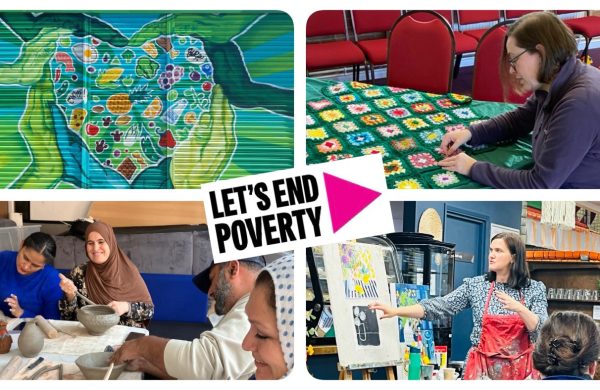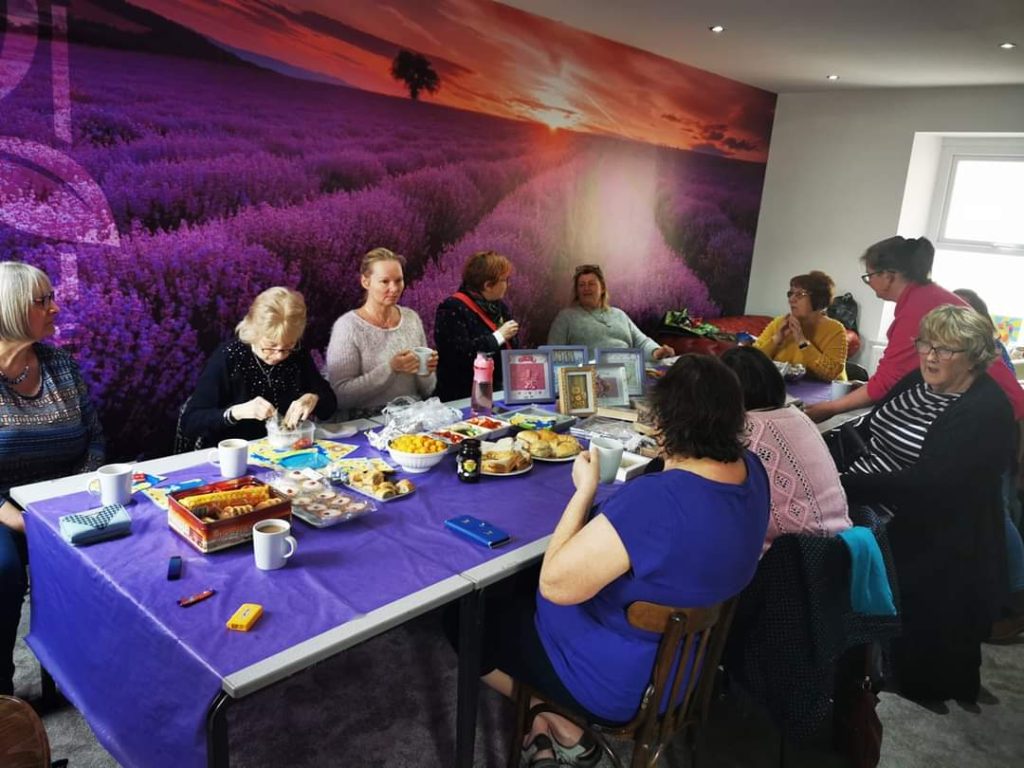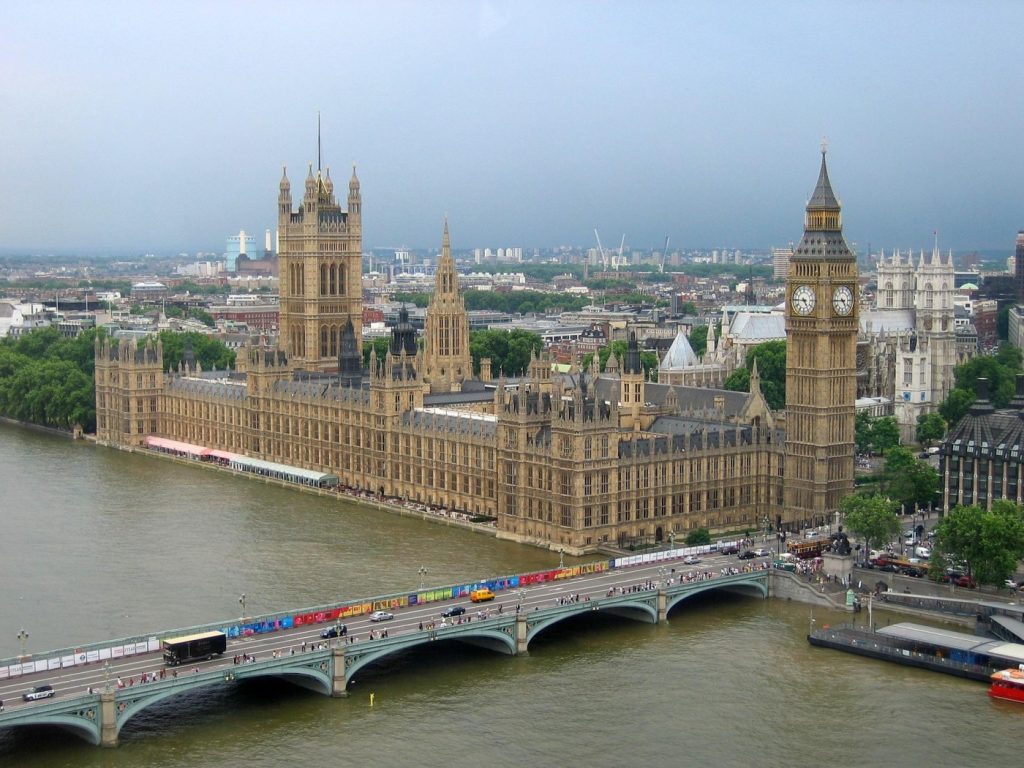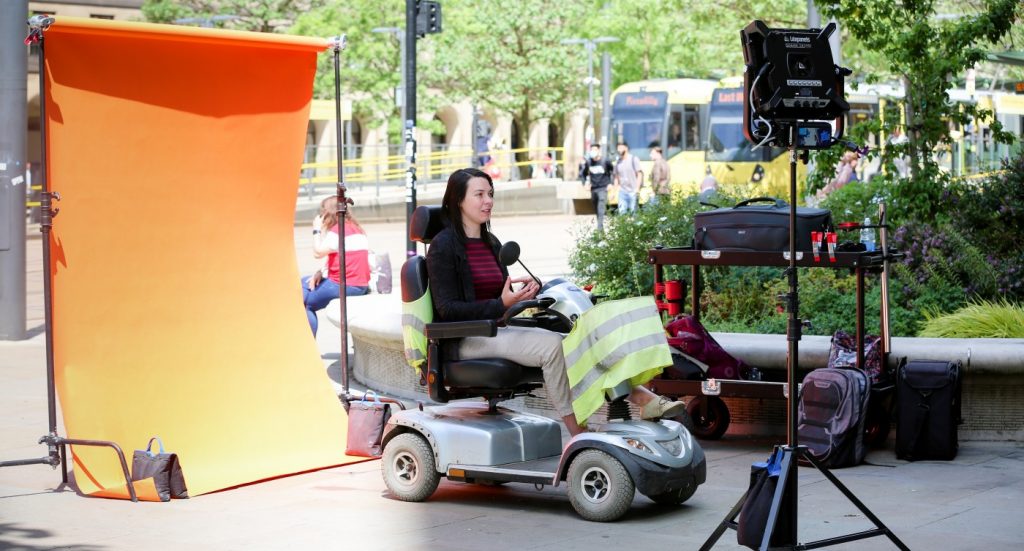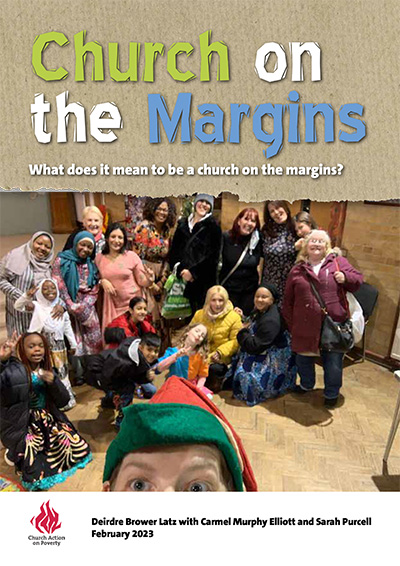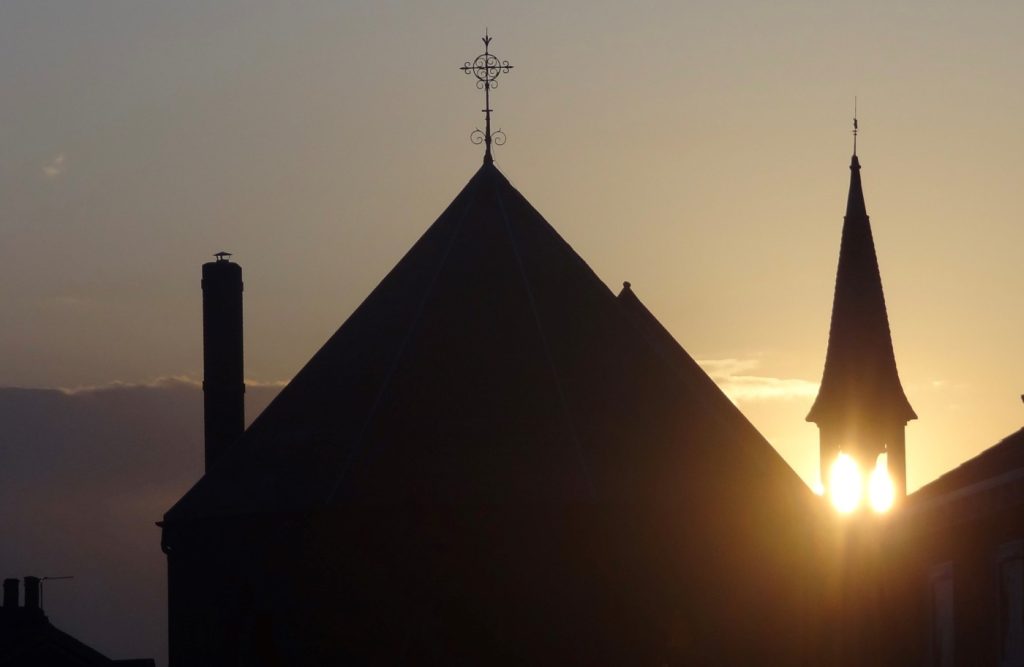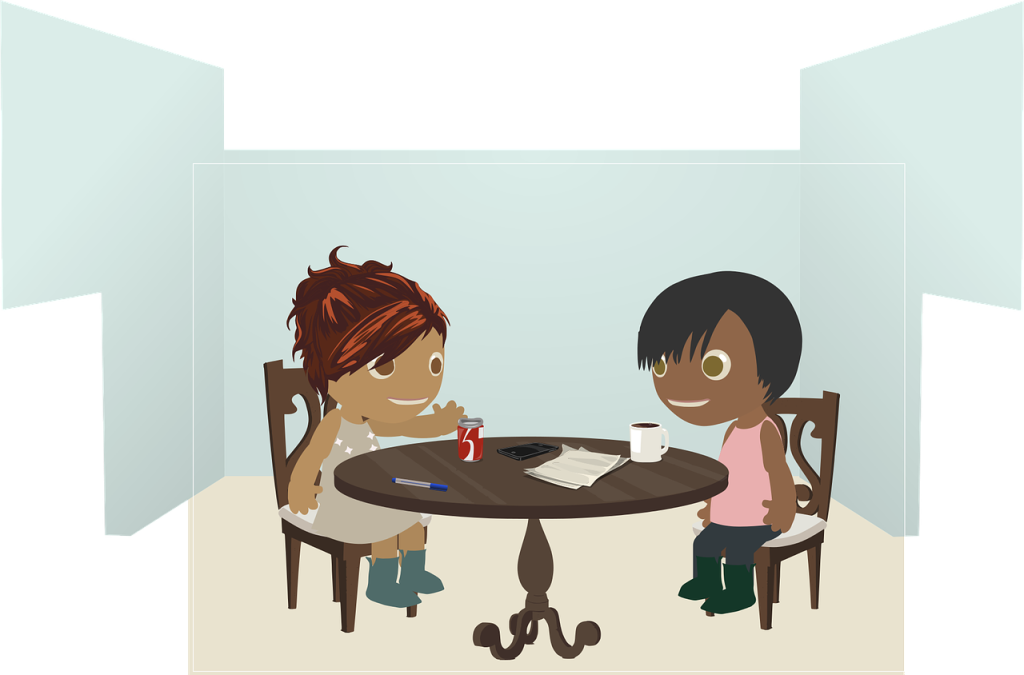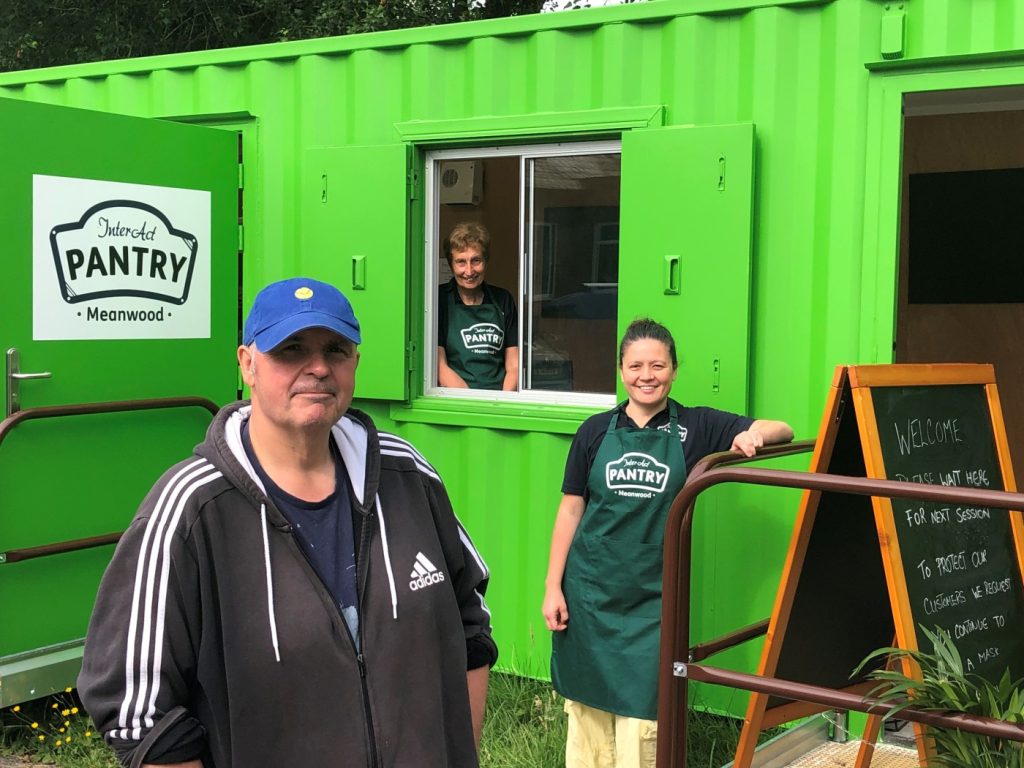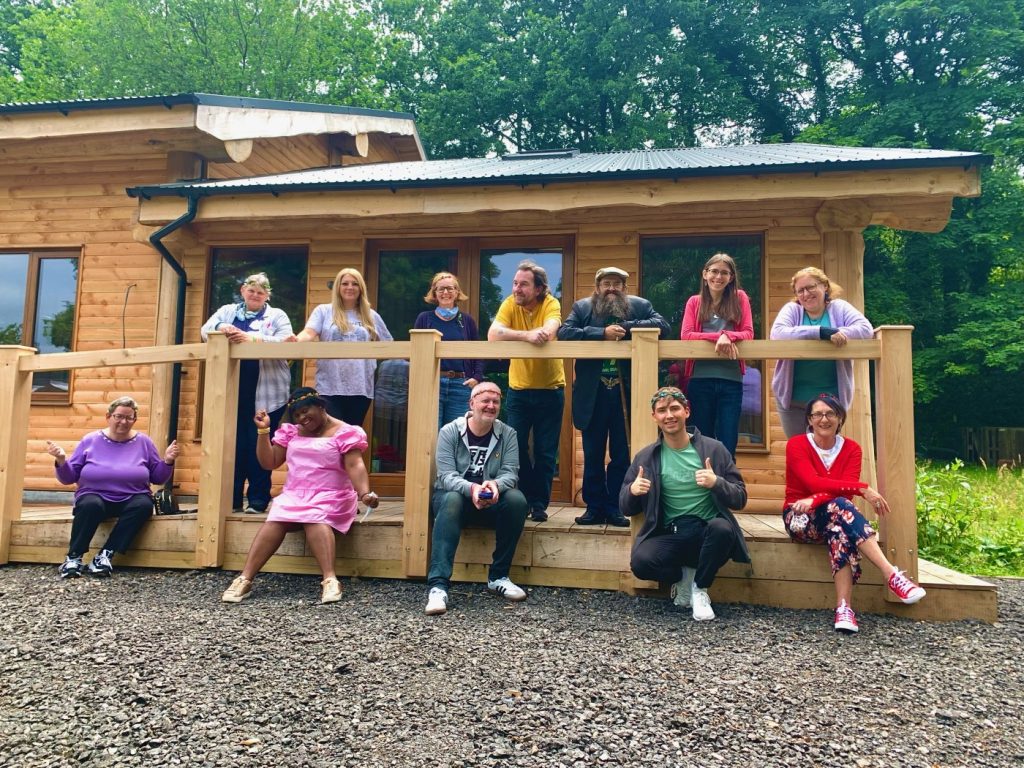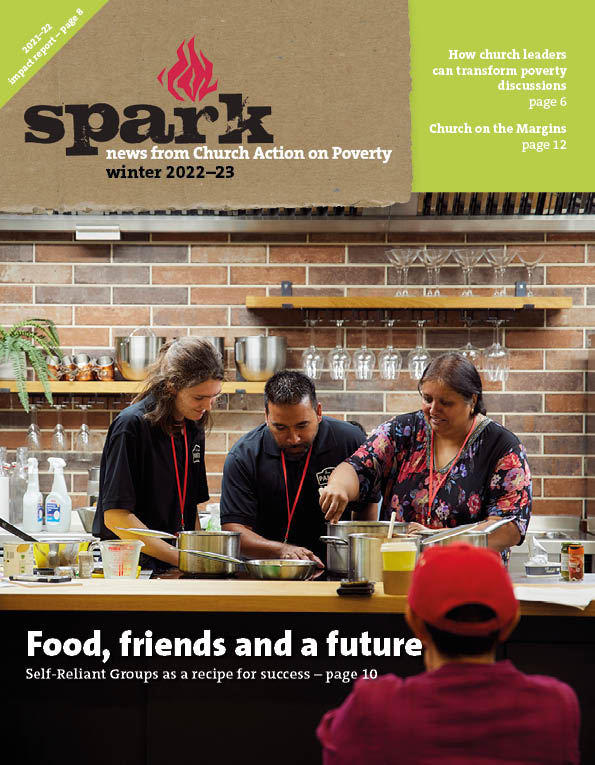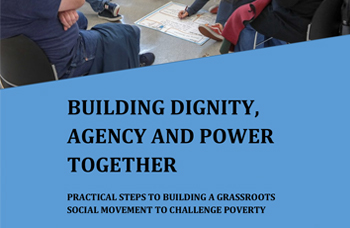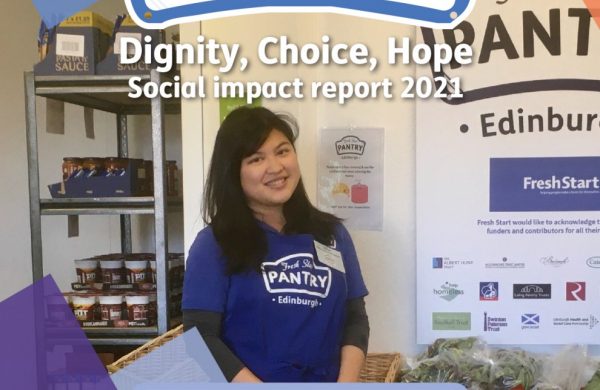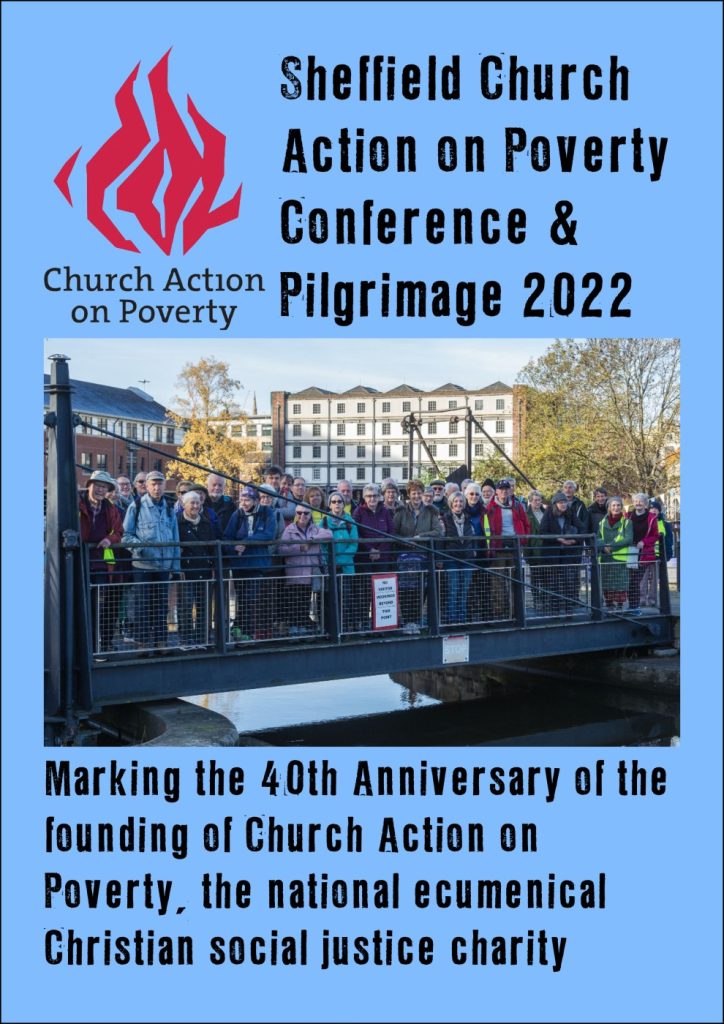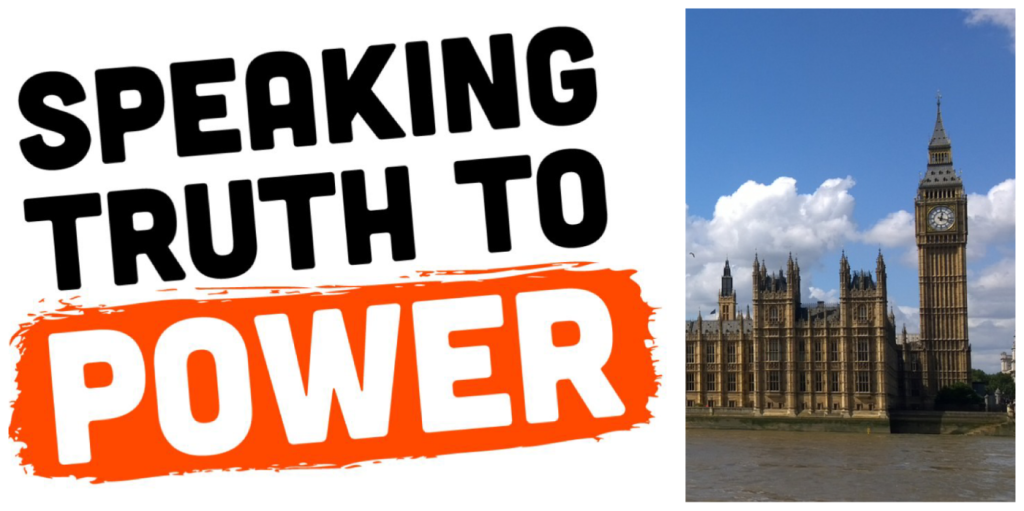Church Action on Poverty in Sheffield 2023 AGM
7∶00pm, Thursday 27 April
Central URC
60 Norfolk Street, Sheffield S1 2JB
Our local group in Sheffield are pleased to invite you to their AGM – their first face -to-face meeting since the end of lockdown.
The doors will open at 6.30pm and we start promptly at 7pm. Refreshments will be available.
Maria Marshall from the Independent Food Aid Network (IFAN) will speak on:
The growing need for charitable food aid and a ‘cash first’ approach
Maria will tell us about the work of IFAN, the situation on the ground with the rising need for charitable food aid and IFAN’s advocacy for a ‘cash first ‘approach on a local and national level and how food banks have been supporting this.
Later in the meeting we will share our plans for future activities and we would value your input.
Transforming the Jericho Road
In this guest post, Bryn Lauder of the JustMoney Movement explores the connections between poverty and tax justice.
Partner focus: Meet Community One Stop in Edinburgh
The Your Local Pantry network has led to new partnerships and connections all over the UK. This blog tells of an exciting organisation doing brilliant …
Thank you Pat! 40 years of compassionate action
Pat Devlin, one of Church Action on Poverty’s most experienced supporters and activists, is stepping down after almost 40 years. Sometimes, we can see exactly …
Halifax voices: on housing, hope and scandalous costs
This Neighbourhood Voices story comes from West Yorkshire We’re in Halifax. Queen’s Road to be precise – in a former betting shop that is now …
The UK doesn’t want demonising rhetoric – it wants to end poverty
There have been some political statements that have demonised and divided people in the past week. It’s absolutely not what the UK public needs or …
Sheffield Civic Breakfast: leaders told about mounting pressures of poverty
Sheffield Church Action on Poverty’s first Civic Breakfast since Covid has heard that around 120,000 people in Sheffield are living in poverty, homelessness is the …
Meeting the minister
Four community campaigners supported by Church Action on Poverty have met with a Government minister in London, to call for …
19 new Pantries are reaching thousands of people
Thousands of people across the UK are enjoying a merrier Christmas this year, thanks to the opening of Pantries in …
78 pics: Pantry members get creative to end poverty
From mosaics to murals, pots to paintings, Pantry members have been creating stunning art pieces this year Dozens of people …

